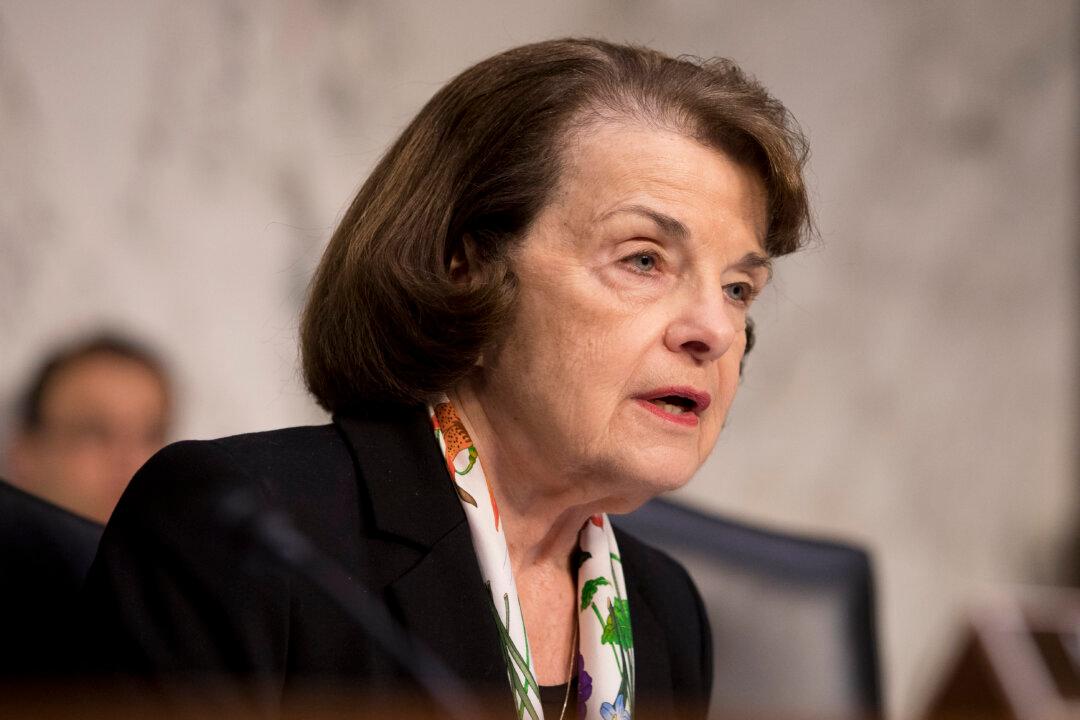Sen. Dianne Feinstein (D-Calif.) hasn’t complied with repeated requests from Senate Judiciary Committee Chairman Chuck Grassley (R-Iowa) to release an unredacted version of a letter that’s crucial to the committee’s investigation of allegations against Supreme Court nominee Brett Kavanaugh.
The letter in question, written by Christine Blasey Ford and dated July 30, 2018, details an allegation that Kavanaugh sexually assaulted Ford at a party while they were in high school 36 years ago. Kavanaugh has repeatedly denied the allegation, most recently under oath before the committee on Sept. 17, according to a spokesperson for Grassley’s office.





